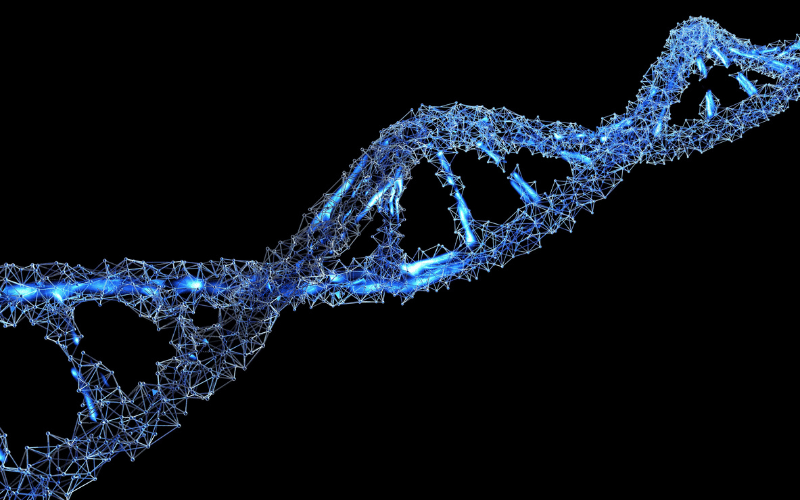Fact 11: The Connection Between MCL and Genetics

While MCL isn’t directly inherited, certain genetic mutations might increase an individual’s susceptibility to developing this lymphoma. Understanding family medical history can provide insights into these risks, allowing for proactive health measures.
Most MCL cases are marked by a specific chromosomal change where parts of chromosomes 11 and 14 switch places. This change, known as a translocation, results in the overproduction of cyclin D1, a protein that drives MCL cell growth.
As medicine pivots toward personalized treatments, genomic testing is gaining traction. By analyzing the genetic makeup of MCL cells, doctors can tailor treatments to individual patients, optimizing outcomes.
There’s growing enthusiasm around gene therapies that might target MCL at its genetic roots. By repairing or replacing faulty genes, it’s hoped that treatments could become more effective and less invasive.
For patients, understanding the genetic component of their MCL can be empowering. It not only demystifies the disease but also provides clarity on potential treatment paths and future risks. (11)